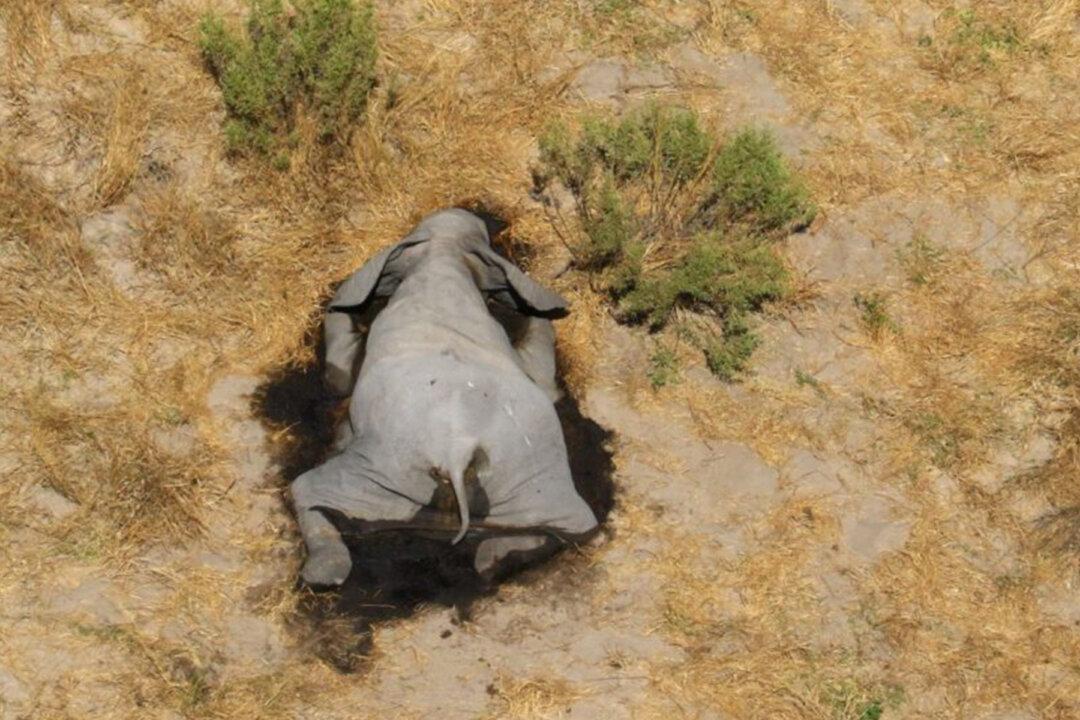Warning: This article includes content that some readers may find disturbing.
The mysterious deaths of over 360 elephants in Botswana are stoking fears that a new public health risk may unfold.

The mysterious deaths of over 360 elephants in Botswana are stoking fears that a new public health risk may unfold.